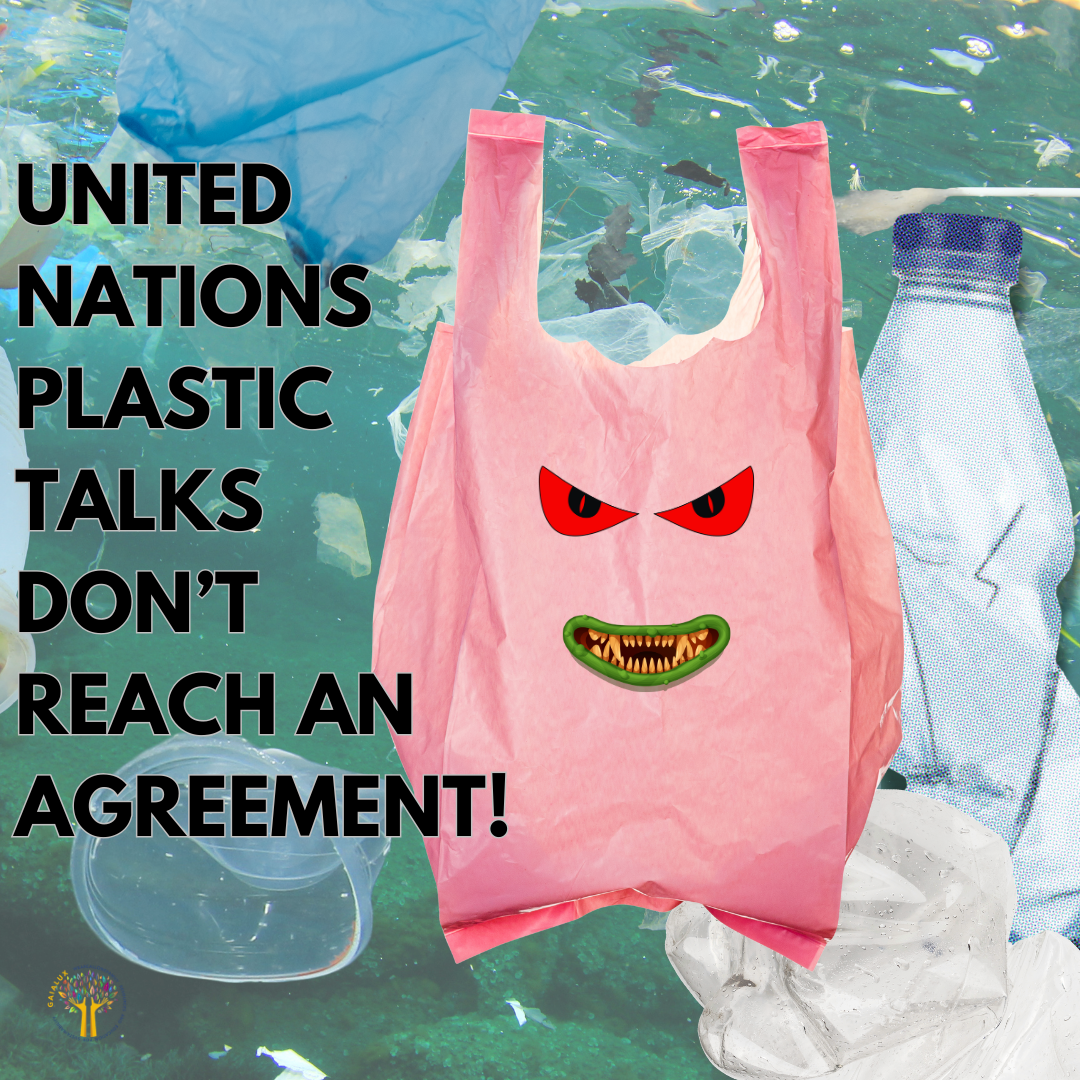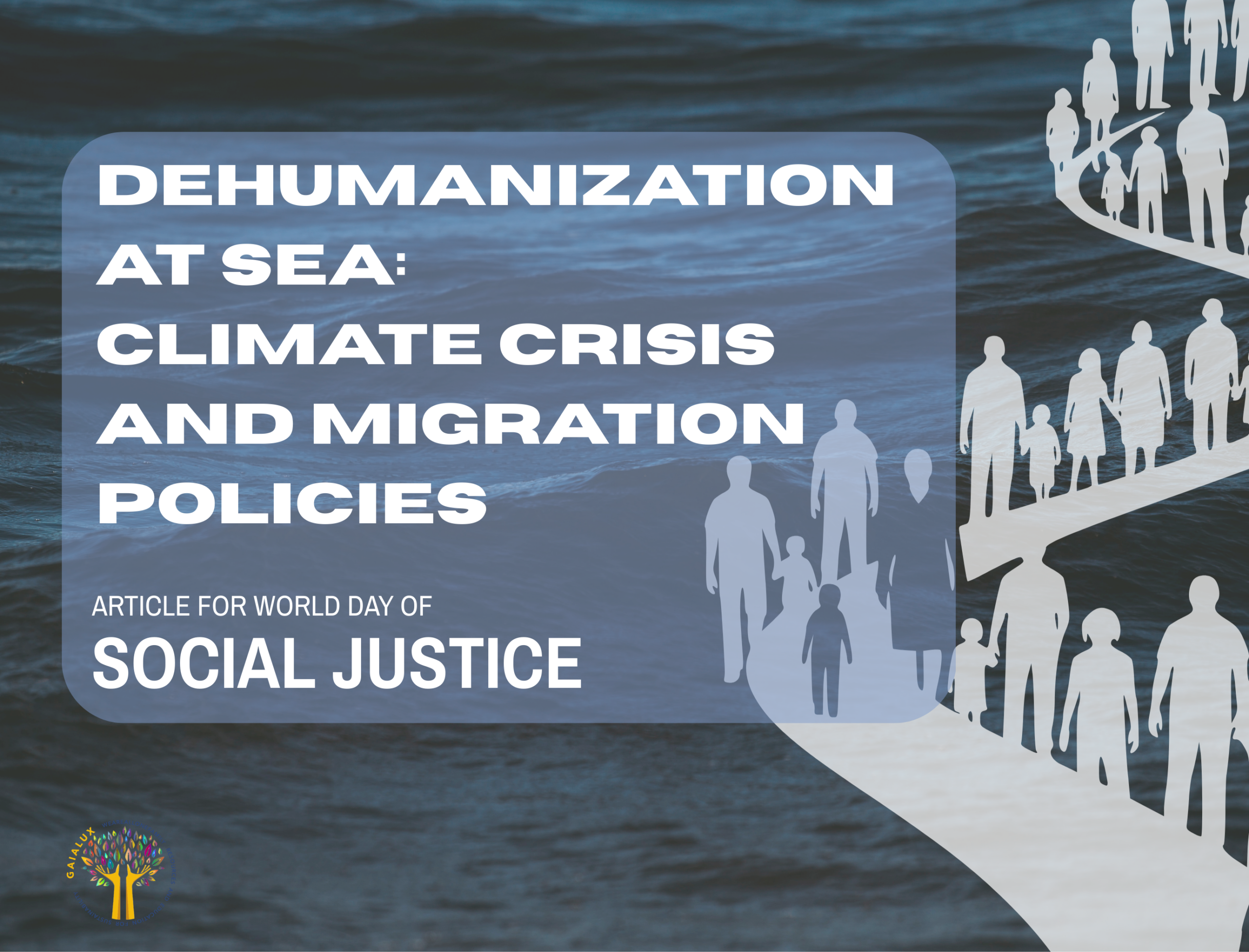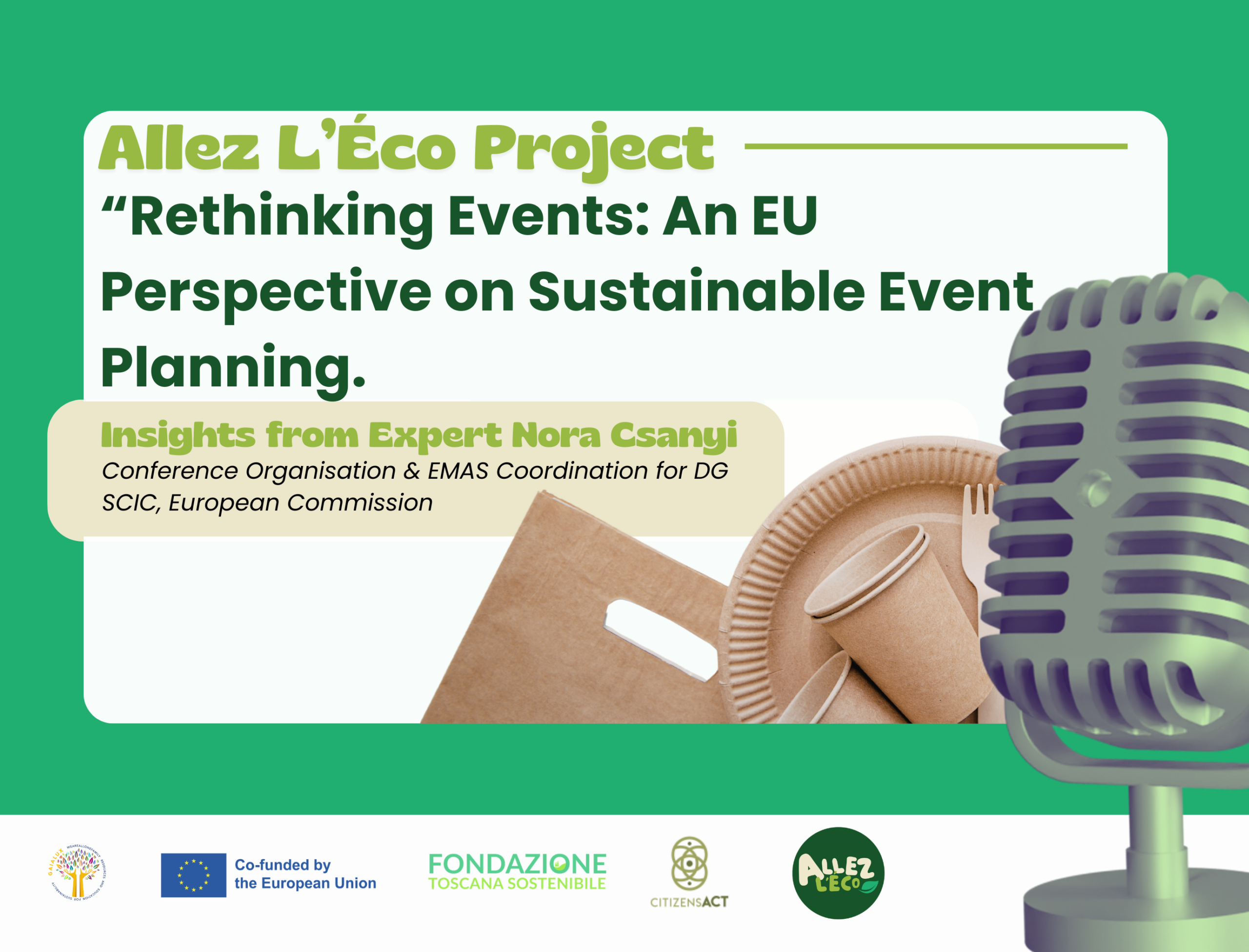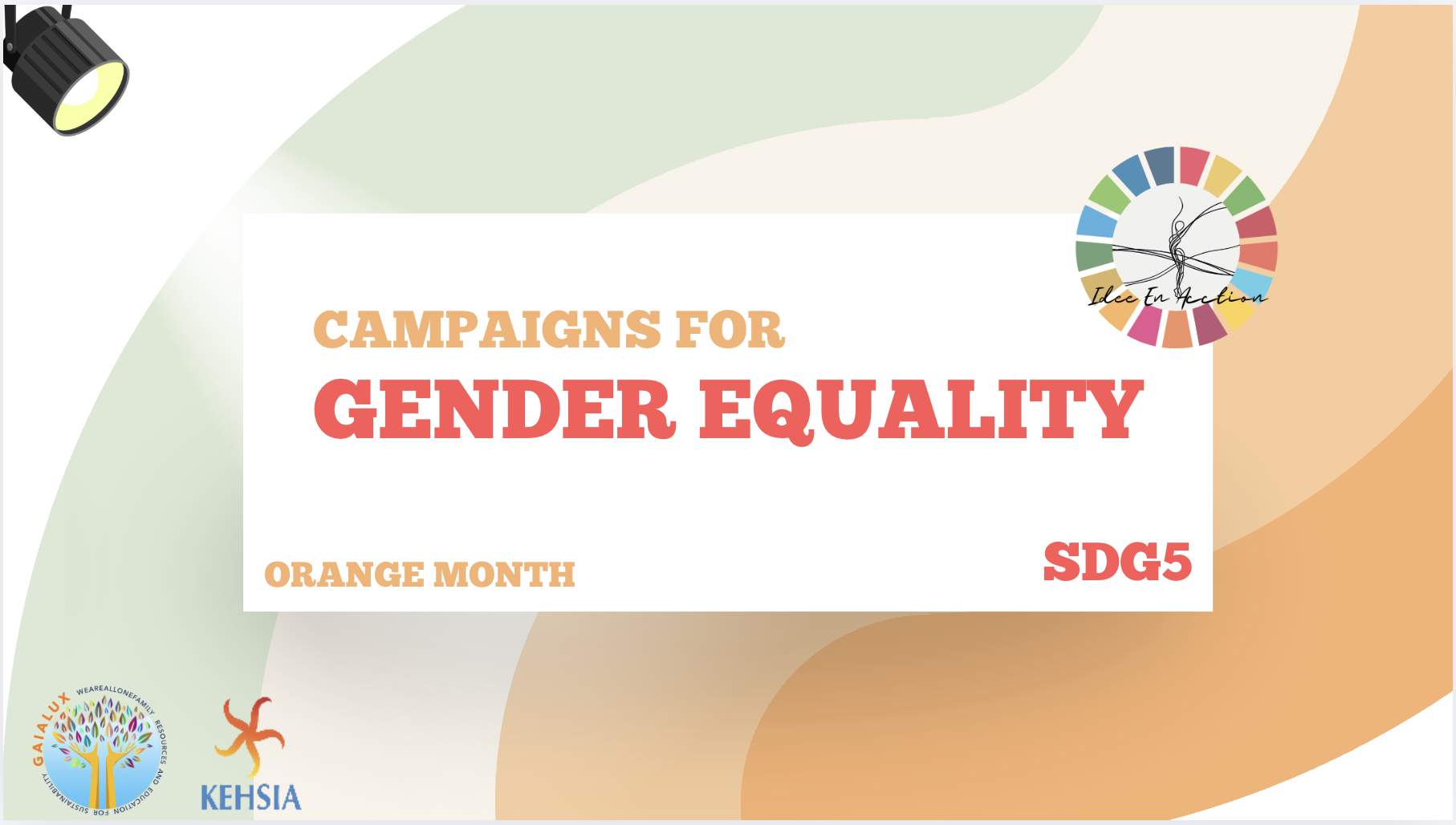Busan Plastic negotiations halted
by Luca Falconieri
The first week of December comes with stormy news for climate activists and
environmentalists, as the UN fails to negotiate the first legally binding treaty to
decrease plastic pollution, and the amount of toxic chemicals involved in plastic
production.
The negotiation round held in Busan, South Korea, from the 25th of November,
was anticipated as one of the most groundbreaking developments of climate
governance in 2024. The original treaty, if adopted, would have become the first
legally binding tool aimed at reducing plastics production and the use of toxic
chemicals. Frameworks like the Paris Convention or Agenda 2030 offer Nations a
standard to follow and to adhere to, but do not include binding agreements or
enforcement mechanisms. That is why binding legislation in the field of
environmentalism and climate change is extremely urgent: the targets set by UN
frameworks are unlikely to be reached without most of the countries’ compliance
towards reducing pollution.
While the EU Commission originally shared its optimism for the success of the
treaty in a press release, the negotiations quickly reached an impasse, and the
negotiation process will have to start again next year. But what exactly were the
factors determining the failure of this negotiation round?
Domestic Interests and the Consensus mechanism
On one side of this impasse, plastic and oil producing countries want to avoid
legally binding limitations to plastic production and involvement of toxic
chemicals in the process. On the other hand, countries like Rwanda and Ghana,
where rural communities are heavily impacted by plastic pollution and its
consequences, aimed at striking more ambitious goals, and tackling the issue a
firm hand.
The duality of the views on plastic production, reflected in the different
industrial lobbies’ interests and domestic preferences of UN Member States, is
just one of the factors impeding the negotiations. Contrasting views in the UN
forum, which was ultimately built with the purpose of reconciling disputes and
finding common approaches to global problems, are not the only issue. What
makes these negotiations so complicated is also the specific institutional design
of the UN, and the consensus mechanism they implement.
Without a full consensus from all participating countries, no legally binding
treaty can be signed. This means any UN Member State has the power to oppose
or potentially block a compromise text, if it does not conform to its economic
national interests. Oil-producing countries like Saudi Arabia, Iran and Kuwait
fiercely opposed the proposition to allow a potential majority vote to legitimate
the treaty, framing this opposition as a legitimate move to defend their domestic
interests.
However, a consensus mechanism might very well imply that a treaty will never
be reached, or that it might be adopted in a form that is extremely watered-down
and unambitious, favoring the interests of plastic-producing countries. This
possibility is further increased by the form that negotiations often take on the UN
stage. While countries’ negotiators can discuss and share their propositions in a
public session, most of the negotiations take place behind closed doors, giving
little chance of participation to grassroots climate actors. Local communities,
NGOs and grassroots Civil Society Organizations alike criticized the lack of
transparency of the negotiation process in Busan.
Pro-plastic arguments and the power of Lobbying
During the course of the Busan round, negotiators from Oil and Plastic producing
countries opposed compromise texts limiting plastic production, arguing that the
main issue that should be tackled is the one of pollution, rather than production.
This argument reflects very well one of the decades-long tendencies of industrial
lobbying, the one to focus on the consumers and their ability to recycle, rather
than on plastic production itself. This argument has been pushed on institution
by a variety of industrial lobbyists and threats of billionaire lawsuists and
litigations ever since the 1980s.
The narrative of more efficient recycling as the ultimate solution to plastic
pollution, however, does not resonate with the reality of facts. With around 85%
of worldwide plastic production ending up in landfills and only 9% of it being
recycled, the world needs more efficient solutions that simply put limits on the
amount of plastic produced by industries. Highlighting the role of the consumer
is an extremely hypocritical move from Plastic industries, which are able to
manipulate public opinion with powerful marketing tools.
While recycling is a virtuous habit, providing the foundation to a sustainable
society and way of living, industrial opportunists also perceive it as a tool to
increase sales. As many analyses of the plastic industry lobby have highlighted,
creating the narrative of products so cheap you can “afford to toss them away”
was one of the biggest conquers of industrials during the post-war period. The
marketing operations that they employed were aimed at ingraining the idea that
getting rid of plastic items to buy new ones was right. This boosted sales and
profits of the industry, at the cost of the environment’s wellbeing, while
contemporarily reaching the goal of shifting the blame of pollution on the
consumer not using a trash can.
It is hard to unpack years of litigations, marketing, and social campaigns and
protests against the use of plastic. It is even harder to admit that more often than
not, systemic issues require systemic solutions, rather than a vague call to
individual action. It is without a doubt true that virtuous individual habits like
recycling should be encouraged and facilitated by both local and international
political institutions. However, the same institutions must look for more
ambitious solutions to the climate crisis, and shake away the leash of industrials
and plastic-producing countries in the international arena. Without decisive
action at the origin of plastic, the production process, there is very little hope for
effective solutions.
Other Events
Allez L'Éco, Article, News





